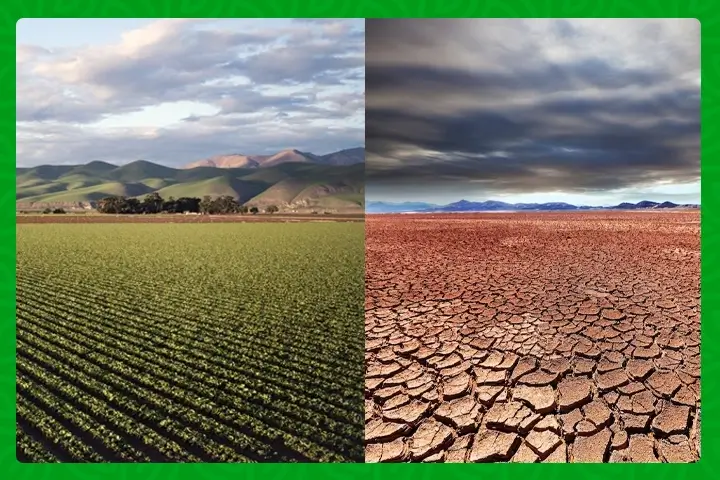
Agriculture is the practice of cultivating plants and animals for food, fibre, fuel, and other purposes. Agriculture is one of the oldest and most essential human activities, as it provides the basis for human survival, nutrition, health, and culture. Agriculture is also one of the most diverse and complex human activities, as it involves a variety of biological, ecological, social, economic, and political factors.
However, in recent decades, humans have been losing connection with agriculture, as they have become more urbanized, industrialized, and globalized. This loss of connection has several causes and consequences, which we will explore in this article.
Causes of losing connection with agriculture

One of the main causes of losing connection with agriculture is urbanization, which is the process of population movement from rural to urban areas. Urbanization has increased rapidly in the past century, especially in developing countries. According to the United Nations, more than half of the world’s population now lives in urban areas, and this proportion is expected to reach 68% by 2050.
Urbanization has reduced the direct involvement and dependence of humans on agriculture, as they have shifted from being producers to consumers of food and other agricultural products. Urbanization has also reduced the exposure and awareness of humans to the natural environment, the sources of food, and the challenges and opportunities of agriculture.

Another cause of losing connection with agriculture is industrialization, which is the process of transforming the economy from being based on agriculture and handicrafts to being based on manufacturing and services. Industrialization has increased the productivity, efficiency, and diversity of agriculture, as it has introduced new technologies, inputs, and methods. Industrialization has also increased the trade, transport, and distribution of agricultural products, as it has created new markets, networks, and infrastructure.
Industrialization has changed the nature and scale of agriculture, as it has shifted from being small-scale, diverse, and local to being large-scale, uniform, and global. Industrialization has also changed the quality and safety of agriculture, as it has introduced new risks, such as pollution, contamination, and loss of biodiversity.

A third cause of losing connection with agriculture is globalization, which is the process of increasing the integration and interdependence of the world’s economies, cultures, and societies. Globalization has expanded the scope and reach of agriculture, as it has enabled the exchange and movement of agricultural products, information, and people across the world. Globalization has also increased the competition and cooperation of agriculture, as it has created new opportunities and challenges for agricultural development.
Globalization has altered the patterns and preferences of agriculture, as it has influenced the demand and supply of food and other agricultural products. Globalization has also altered the values and norms of agriculture, as it has exposed humans to different cultures, lifestyles, and diets.

Consequences of losing connection with agriculture
The loss of connection with agriculture has several consequences, both positive and negative, for humans and the environment.
On the positive side, the loss of connection with agriculture has contributed to the improvement of human well-being, as it has increased the availability, affordability, and diversity of food and other agricultural products. The loss of connection with agriculture has also contributed to the advancement of human knowledge, as it has stimulated the innovation, research, and education of agriculture.
On the negative side, the loss of connection with agriculture has resulted in the degradation of the environment, as it has caused the depletion, pollution, and fragmentation of natural resources, such as land, water, and biodiversity. The loss of connection with agriculture has also resulted in the deterioration of human health, as it has caused the emergence, spread, and resistance of diseases, such as zoonoses, malnutrition, and obesity.
Moreover, the loss of connection with agriculture has led to the erosion of human culture, as it has diminished the appreciation, respect, and understanding of agriculture, its history, its diversity, and its significance. The loss of connection with agriculture has also led to the loss of human identity, as it has weakened the sense of belonging, responsibility, and stewardship of humans towards agriculture and the environment.
Agriculture is a vital and valuable human activity, but humans have been losing connection with it due to urbanization, industrialization, and globalization. This loss of connection has various causes and consequences, both positive and negative, for humans and the environment. Therefore, humans need to reconnect with agriculture, by recognizing its benefits and challenges, by supporting its sustainability and resilience, and by celebrating its diversity and beauty.
Anil M V, Founder, Organil Services
**Organil Services** are Registered for Organic Regulatory Certification Consultancy and Accreditation Services in the Industry. WhatsApp for a Prepaid Consultancy +91 8606551335 or Email: orgnil40@gmail.com.


















